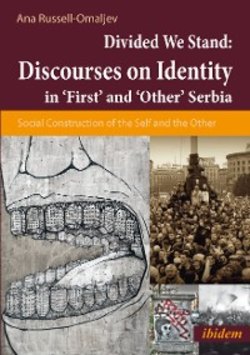Описание книги
Serbia is still widely thought of as an unfinished state, whose people struggle to establish a compelling identity narrative in answer to the question 'who are we?'. While existing literature has over-analyzed Serbian nationalism, the Serbian public sphere remains largely ignored. This engaging and timely book fills this gap by giving context to the persistent and overwhelming dialogue between opposing factions on the identity spectrum in Serbia. Omaljev's focus on elite discourses provides a fresh perspective on this contentious subject. It offers an original understanding of the competing arguments surrounding 'First' and 'Other' Serbia and of the contested visions of Serbian national identity and broader European identity.
By closely examining the identity vocabulary of Serbian elites and the opposing ways in which these elites view the use of labels such as 'anti-Serbian', 'patriot', and 'traitor', this book provides a vital lesson in post-conflict nation-building and raises important questions about the symbolic representations of political and cultural identities. A much-needed and compelling intervention in the Serbian identity discourse, Omaljev's work is a must-read for any researcher on the Western Balkans
By closely examining the identity vocabulary of Serbian elites and the opposing ways in which these elites view the use of labels such as 'anti-Serbian', 'patriot', and 'traitor', this book provides a vital lesson in post-conflict nation-building and raises important questions about the symbolic representations of political and cultural identities. A much-needed and compelling intervention in the Serbian identity discourse, Omaljev's work is a must-read for any researcher on the Western Balkans
